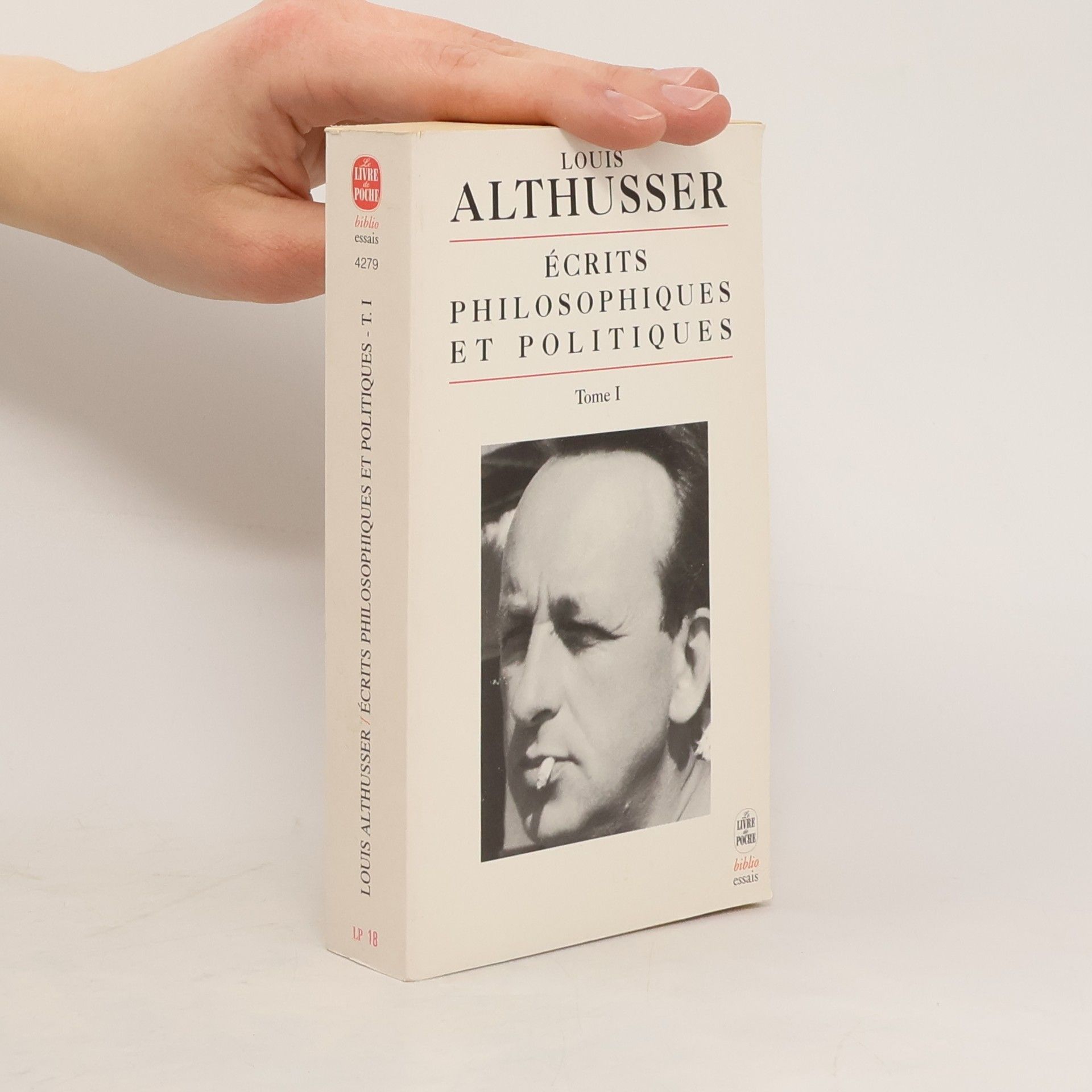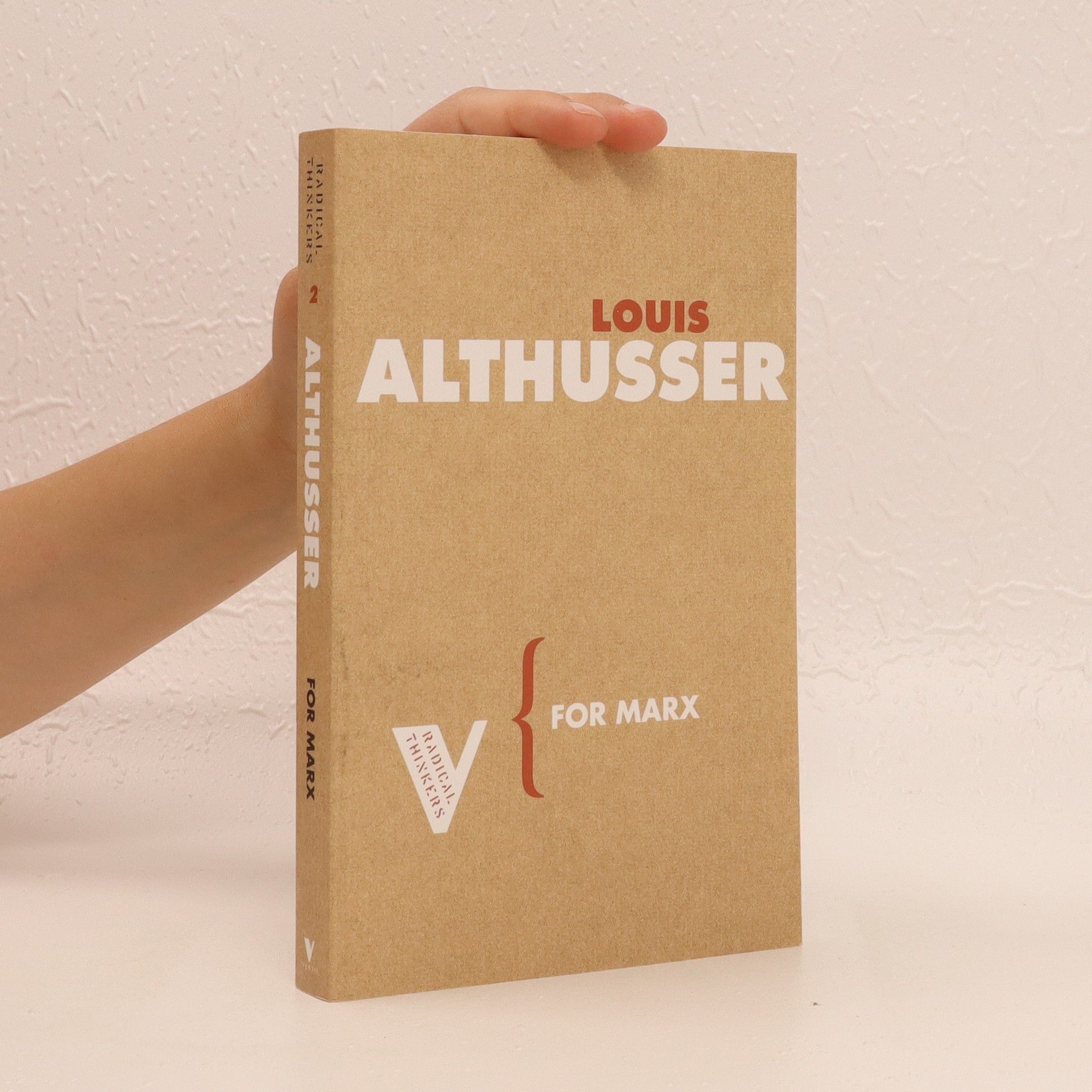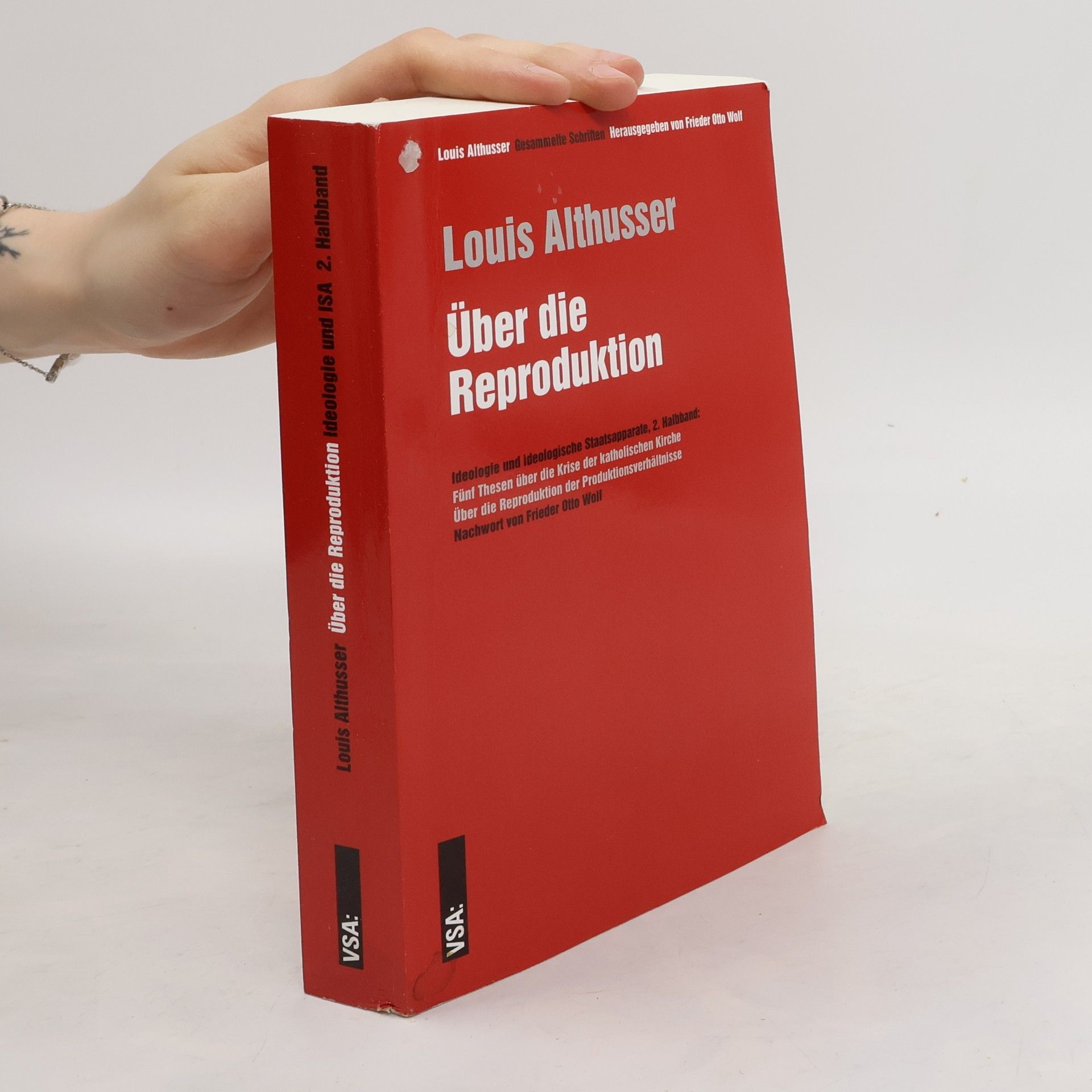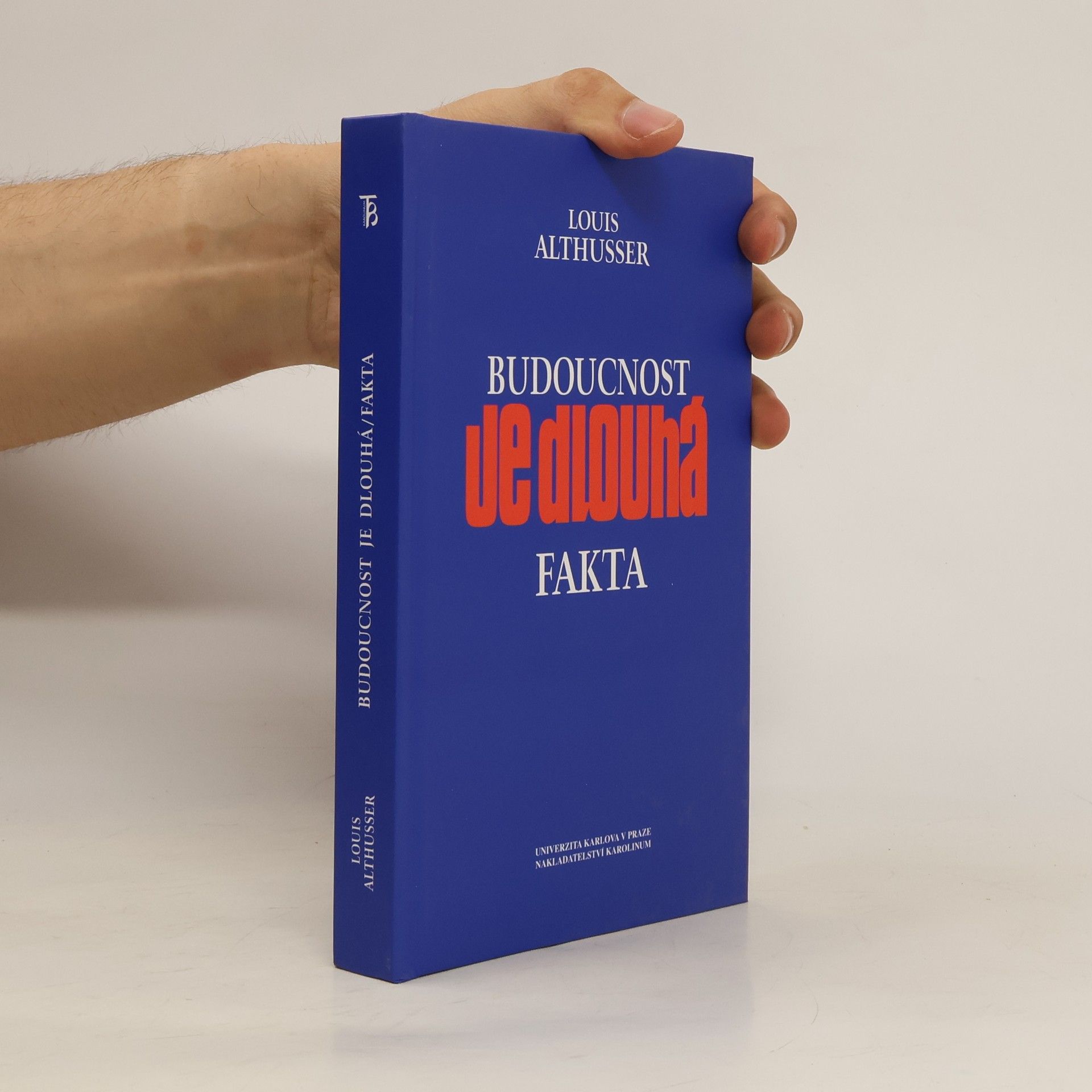Marx in seinen Grenzen
und andere Texte
Louis Althusser ist vor allem für seine epistemologische Marx-Lektüre bekannt, die zwischen einem idealistischen jungen und einem materialistischen reifen Marx unterscheidet. Wenig Beachtung fand jedoch, dass Althusser seine philosophischen Arbeiten als politische Interventionen innerhalb der Kommunistischen Partei verstand, der er lange angehörte. In den 1970er Jahren wurde sein Verhältnis zur Partei spannungsvoller, da sie keine Politik aus den neuen Massenbewegungen formulieren konnte. Die hier versammelten Texte führen die Krise des Marxismus auf dessen innere Grenzen zurück und eröffnen neue politische Wege. Althusser argumentiert, dass der Marxismus weder über eine Theorie des Staates noch der Politik verfügt, die wir in ihrer Eigenständigkeit denken müssen, um dem staatlichen Werden der Partei in der Sowjetunion entgegenzutreten. Er greift in die Diskussion ein, die um die „Diktatur des Proletariats“ unter westeuropäischen Kommunistischen Parteien entbrannte. Den Abschied von dieser Diktatur erkennt Althusser nicht als Demokratisierung, sondern als Fortsetzung des Stalinismus, da er den politischen Initiativen der Massen widerspricht. In seinem fragmentarischen Werk „Marx in seinen Grenzen“ liest er erneut Marx und andere Klassiker, um ein anderes Denken von Ideologie, Partei, Staat und Politik zu entwickeln und die Grenzen von Marx’ Denken zu hinterfragen. So kann eine historische Bilanz des Marxismus gezogen werden, d








